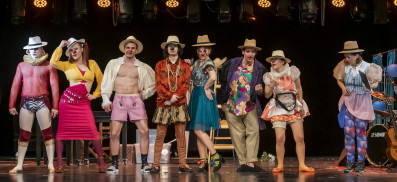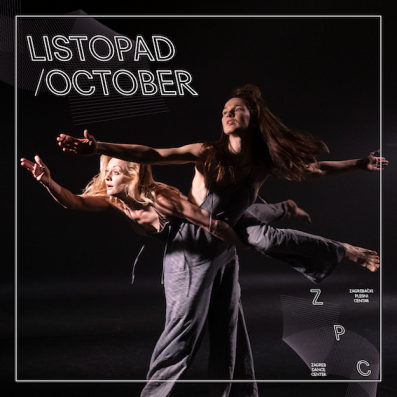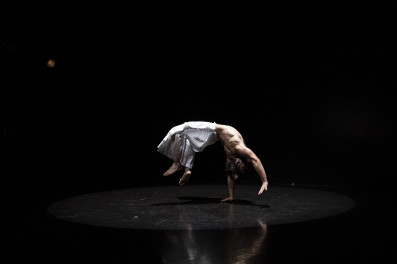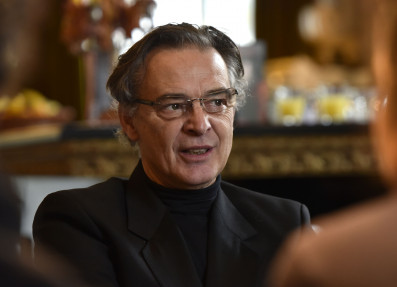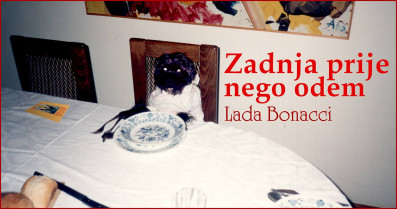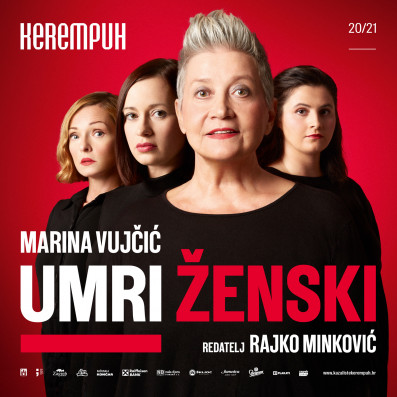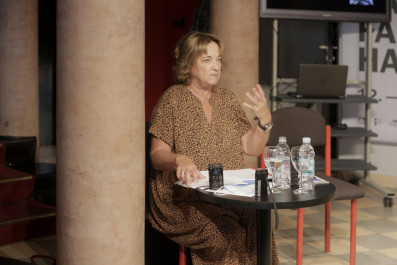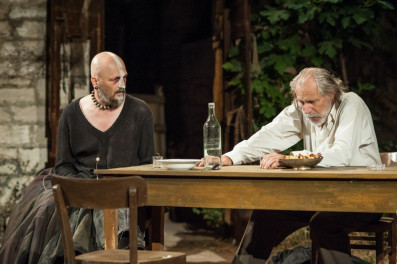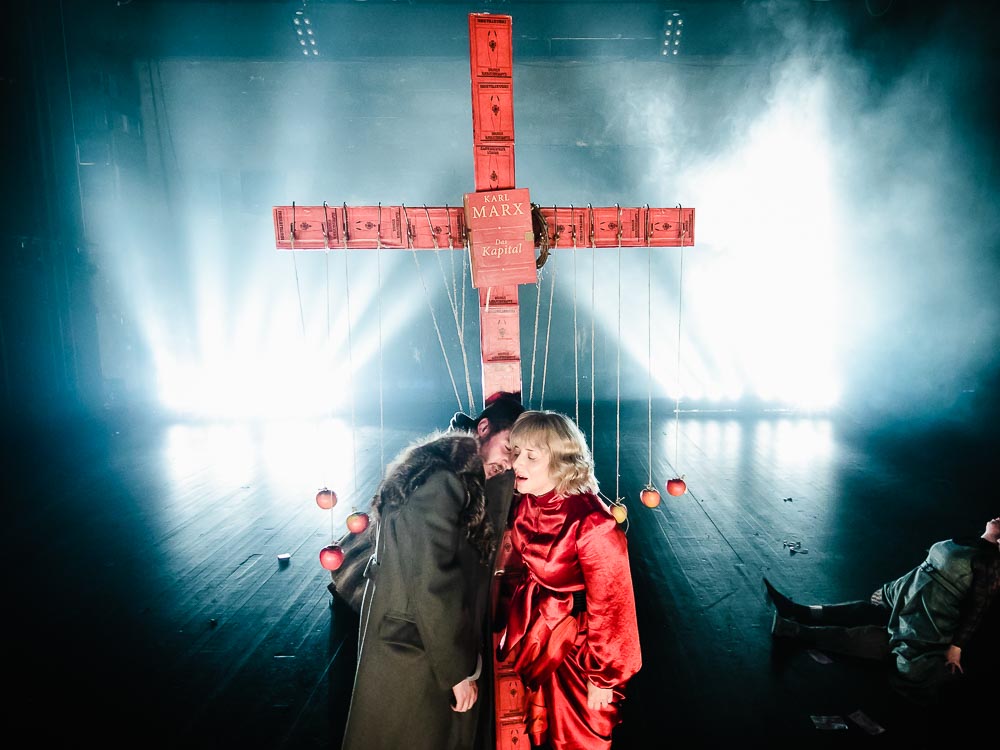
Frljić's "The Brothers Karamazov" bring the dual nature of human greed, misery and loss
Latest adaptation of Dostoyevsky in ZKM (Zagreb Youth Theatre) invites for deep and layered reflections on the Russian literature classic.
The Brothers Karamazov theatre play directed by Oliver Frljić had its premiere this weekend (February 26 and February 27) at the ZKM (Zagreb Youth Theater). Made as a diptych, performed in a period of two nights, it is a generous adaptation arranged in such a way as to follow the two classes that Dostoevsky depicts in his work. The first night "All happy families are alike each other" concentrates on the Karamazov family, their "games" and the problems of the rich, while the second night (Every unhappy family is unhappy in its way) deals with the poor, oppressed and their relationship with Alyosha Karamazov.
Although the approach and performances of the two plays in the first minutes may seem similar, over time, they easily reveal many differences. When it comes to the characters that take a central role in the night, their treatment of each other is noticeably different, the morals they follow as well as their perception of life are different. This is best seen in the very flows of money that are the guiding thread of the play. So, while on the first night, the rich are making drama about a larger sum of money, 3000 rubles, on the second night the stakes are reduced to 200 rubles.
However, those "200" rubles give a perfect insight into the thoughts and actions of the character. So on the first night, for example, Dmitry Fyodorovich at the moment as he experiences the greatest insult of borrowing and returning money, he wades over the 200 rubles and yet bends down and picks it up at the end. This amount isn't too significant and it doesn't have a reasonable purpose, throughout the first night. The second night of the play, access to the same sum looks different, when Nikolai Ilyich Snegiryo refuses a benevolent gift of 200 rubles from Alyosha, although that amount could save him from many debts and problems, and by the end, he tears the banknote.
Of course, the differences between the two nights don't come only through the characters. The approach to the staging as well as the whole set is quite different. It might best be seen within the "break" from the book's narrative. The first night the breaks were done through a series of glamorous musical segments and mild political agitation, while the second night is humbler, calm, as the "break" from the book comes shapen through the "classroom", "forbidden reading", and "revolutionary thought". The first night approaches “child suffering”, one of the more significant themes, only on a level of conversation while the second night gives its embodiment.
Frljić does not stop at the division of "novel" into plays that are in the service of Nietzsche's master/slave morality or Hegel's master/slave dialectic. The plays are full of duplicities and are themed at the level of mirroring individual characters and their relationships, with the same actors engaged in several complementary roles.
Probably the best example of this in the play is given by the actor Milivoj Beader, who embodies the Elder Zosim / Devil / Doctor. His ubiquity throughout the play arouses mild discomfort and horror while at the same time contributing to the bonding of the first and second nights. Essentially, in addition to Beader's mirrored roles, the greatest links between the plays are the stories The Great Inquisitor and The Death of a Philosopher.
It is in these segments that show the full power of adaptation as well as the dedication and top performance of the actors. Although "metaphysical" in nature, these segments are not pushed into the field of abstraction. Frljić doesn't need big sets or who knows what, on the first night The Great Inquisitor is presented as a fantastic monologue where Ivan Karamazov (Dado Ćosić who in a demanding role truly proved to be the best part of the first night of the play) speaks to brother Aljoša on an empty stage (Adrian Pezdirc who illuminates with his presence in both plays but still on the second night completely takes the centre of attention) the story of the return of the saviour and his meeting with the inquisitor. The second night of the play ends with the repetition of these two monologues, which without a changed word of dialogue still sound new, fresh, adds a new perspective and concludes the story.
Probably the most common questions of those who are thinking of going to watch this play are how subversive Frljić is, how much he enters the area of current problems of Ukraine and Russia. As shallow as this question may be and as flawless and admirable an adaptation is, it should be realistic and acknowledge that the play certainly has elements of conflict, uprising, oppression and arrogance of the great (everything that can be subversive and topical today) but all this comes from the exceptional darkness of Karamazov's, from Dostoevsky himself who in a series of thoughts so to speak serves moments like "Listen: if everyone has to suffer, to buy eternal harmony with their suffering, please tell me what do children have to do with it? incomprehensible why they should suffer and why they should buy harmony with their suffering. ". At the end of the day, this makes outstanding Oliver Frljić, the splendid acting ensemble ZKM (as well as Dostoyevsky and probably viewers/readers that "lived" and enjoyed the book and performances) the master imitators of human misery and insanity that is constantly spiralling deeper down the abyss of time.



